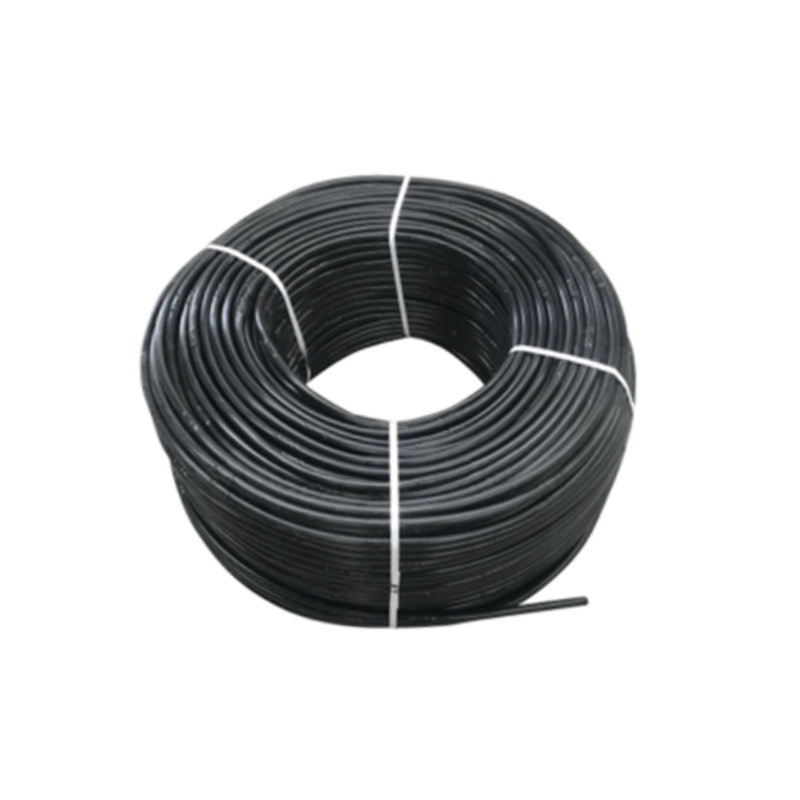The chemical composition of irrigation water can significantly impact the longevity of cylinder dripper pipe.
Here’s how different factors in irrigation water can affect the durability and performance of the pipe:
- pH Levels: Irrigation water with high or low pH levels can affect the chemical stability of the pipe material. High acidity or alkalinity can lead to corrosion or degradation of the pipe material over time, reducing its longevity. Maintaining the pH of irrigation water within the optimal range helps prevent corrosion and extends the lifespan of the pipe.
- Hardness: Hard water containing high levels of dissolved minerals such as calcium and magnesium can lead to scale buildup inside the pipe. This scale can reduce the flow rate, clog drippers, and increase the risk of pipe corrosion. Treating hard water or using water softeners can help prevent scale formation and prolong the life of the pipe.
- Salinity: High salinity levels in irrigation water can accelerate the corrosion of metal components in the pipe, such as fittings or fasteners. Additionally, salts deposited on the pipe surface can promote the growth of algae or biofilms, leading to clogging and reduced water flow. Proper flushing and maintenance procedures are essential to mitigate the effects of salinity on pipe longevity.
- Suspended Solids: Irrigation water containing suspended solids such as sediment, silt, or organic matter can cause abrasion and wear on the inner surface of the pipe. Over time, this abrasion can lead to thinning of the pipe walls and increased risk of leaks or ruptures. Filtration systems can help remove suspended solids from the water, cylinder dripper pipe protecting the pipe from damage.
- Chemical Additives: Some irrigation water sources may contain chemical additives such as fertilizers, pesticides, or disinfectants. Exposure to these chemicals can degrade the pipe material or affect its mechanical properties, leading to premature failure. Regular monitoring of water quality and proper filtration can help minimize the impact of chemical additives on pipe longevity.
- Microbial Growth: Water containing organic matter or nutrients can promote the growth of algae, bacteria, or fungi inside the pipe. Biofilm formation can clog drippers, reduce water flow, and accelerate pipe degradation. Maintaining proper water treatment and disinfection practices can help control microbial growth and preserve the integrity of the pipe.
- Temperature: Extreme temperatures in irrigation water can affect the mechanical properties of the pipe material. Thermal expansion and contraction cycles can cause stress on the pipe walls, leading to cracking or distortion. Using materials with high temperature resistance and proper insulation can help mitigate the effects of temperature fluctuations on pipe longevity.
Overall, the chemical composition of irrigation water can have a significant impact on the longevity of cylinder dripper pipe. Proper water treatment, filtration, and maintenance practices are essential to minimize the effects of water quality on pipe performance and maximize its lifespan.
